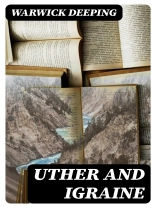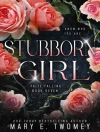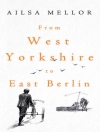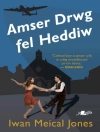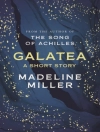In ‘Uther and Igraine, ‘ Warwick Deeping masterfully retells the legendary tale of King Uther Pendragon and his fated love for Igraine, weaving an intricate blend of historical narrative and poetic prose. Deeping’s literary style is characterized by rich, evocative language that immerses the reader in the Arthurian world, balancing the ethereal with the stark realities of power, loyalty, and love. Set against the backdrop of Dark Ages Britain, the novel expertly navigates the themes of destiny and betrayal, shedding light on the complexities of its characters while revitalizing myths that have shaped Western literature. Warwick Deeping, a notable figure in early 20th-century English literature, drew inspiration from both his fascination with history and the human condition. His diverse background in writing—spanning novels, essays, and plays—allowed him to approach ancient myths with a contemporary sensibility, making them accessible to modern readers. Deeping’s own life experiences, including the tumult of World War I, infused his work with a profound understanding of love and loss, elements that resonate deeply in ‘Uther and Igraine.’ Readers looking for a deeply engaging narrative that blends romance with legendary history will find ‘Uther and Igraine’ to be a compelling addition to their literary collection. Deeping’s nuanced exploration of Uther and Igraine’s relationship not only captivates but also invites rich discussions about the intersections of myth and morality. This book promises to satisfy not only lovers of Arthurian lore but also those interested in the depth of human emotion.
Over de auteur
Warwick Deeping (1877–1950) was an English novelist and short story writer, most renowned for his prolific literary contributions during the early to mid-20th century. Born George Warwick Deeping in Southend-on-Sea, Essex, he was initially trained in the field of medicine after attending Trinity College, Cambridge, and Middlesex Hospital. However, his passion for literature prevailed, leading him to pursue a career as a writer following his experiences in World War I, which deeply influenced his early works. Deeping’s narrative style is marked by a combination of romanticism and realism, often delving into themes of individuality, the human spirit, and the societal issues of his time. One of his notable works, ‘Uther and Igraine’ (1903), showcases his ability to reimagine historical and legendary material, in this case, the Arthurian romance, replete with vivid characterizations and an evocative setting. His most famous novel, ‘Sorrell and Son’ (1925), solidified his reputation, reflecting the post-war zeitgeist and highlighting the emotional complexities of father-son relationships. Deeping’s literature comprises over 60 novels, where his distinctive voice and prolific output made a significant impact on the landscape of English fiction. Despite his contemporary popularity, his works have since been somewhat overshadowed, deserving of reexamination for their cultural and historical insights.
